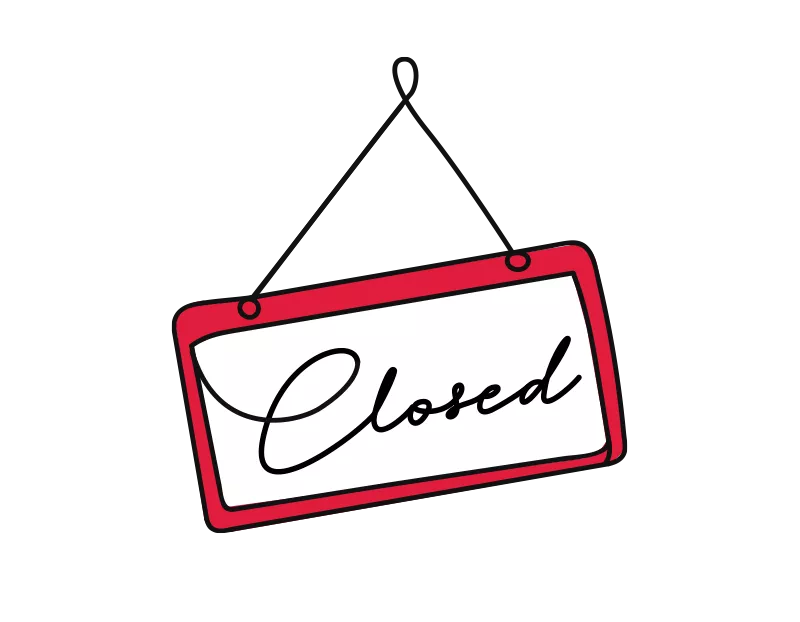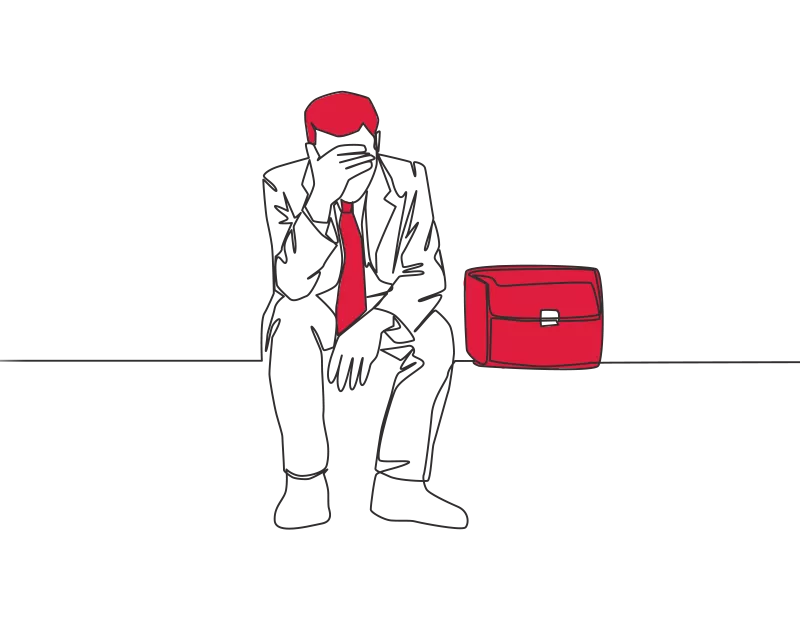Insolvency law is actually a system to protect everyone, business owners & directors as well as their creditors, and there are more options available than just the scary sounding ones like “liquidation”. There is often no need to shut the business down, leaving all parties out of pocket. Voluntary reconstructions – where a plan is created that is acceptable to the businesses creditors, allowing it to trade out of problems over the longer term – are more and more popular.
Insolvency & Restructuring


Oury Clark are company restructuring and, should it come to it, insolvency professionals. That means we can help restructure businesses and help to keep them trading until they turn the corner and make sure that any directors are properly protected should that not be possible. We will also ensure that creditors are satisfied amicably and professionally throughout the process.
The first step is to talk things over with one of our team. We can help take an objective look at the business and decide what is the best course of action. There are three main options:
- Company Voluntary Arrangement (CVA)
- Administration
- Liquidations
Company Voluntary Arrangement (CVA)
A CVA is the right course of action if we can identify a viable business and map a return to profitability together.
A powerful rescue tool a company can use a CVA to pay creditors over a period of time – any balance outstanding at the end of this period is written off. Creditors will have to agree to the CVA, but should they agree a company can continue trading.
Our experts will assist in creating a proposal to creditors and advise on all matters to be included in the proposals, helping to increase the likelihood of them accepting a CVA proposition and allowing the current owners to stay in charge and continue trading.
Who is a CVA suitable for?
- Companies with a viable core business with a path to profitability following restructure and/or cost reductions
- Companies suffering the effects of a one off bad event, significant bad debt or those who are able to address the causes of their current situation
- Companies looking to save jobs and continue trading wanting to avoid formal Administration
Administration
If a company is under pressure from creditors and in danger of being taken to court then Administration will quickly protect it from legal actions and give some breathing space to work out a rescue plan.
During the Administration process key creditors are prevented from taking legal action which would disrupt the business. For example a landlord cannot forfeit your lease and suppliers and trade creditors cannot repossess equipment provided on HP or goods supplied
The Administration process affords directors the time to act in the best interests of the company and its creditors. Its primary purpose is to ensure the survival of the company or part of its operation as a going concern. This may be in the form of a CVA, restructure, a sale of the business – known as a pre-pack Administration – or sale of business assets.
Who is Administration suitable for?
- Insolvent companies that require protection of the legal process
- Companies that need to prevent creditors taking precipitative actions against them
- Insolvent companies needing time to assess their options for reorganisation, restructure, refinance or selling the business as a going concern.
Do you need help with Insolvency & Restructuring?
We have the expertise to give you the advice that you need to make smart choices for the future.
Get in touch and see what we can do for you.

Liquidation
In certain circumstances it may be the case that a company is simply unable to continue and there is no business to save. In these circumstances it is likely that Liquidation is the right option.
Liquidations are used to bring about an orderly end to a company’s existence whether the company is solvent or insolvent. Depending on the circumstances different sorts of Liquidations may be used.
Members Voluntary Liquidation (MVL)
If a business is solvent this is probably the right method of closing it in a formal, tax efficient manner. Insolvency professionals can help make sure that the costs are kept to a minimum.
Creditors Voluntary Liquidation (CVL)
If a business is insolvent and cannot be turned around as a whole a CVL is a quick and cost effective way to save any viable parts of the business and to cease trading.
Compulsory Liquidation
This is a court process, most frequently initiated by creditors, if a business has been presented with a winding up petition then we can advise on how they can be adjourned, rescinded and defended and assist in proposing more appropriate processes.
These three liquidation processes each have very different uses and characteristics and differ greatly both in terms of implementations and potential outcomes.
To put it bluntly, they can be a legal minefield and straight talking professional advice and guidance is going to be essential for any directors to mitigate risks of personal liabilities and legal offences.
Oury Clark can offer you a free, confidential, no obligation consultation to assess your company’s position and advise on the best options available.
Related Quick Guides
Let us Introduce Ourselves
To find your nearest office or get in touch with one of our specialist advisors to see how we can help your business, please go to our contact page.





